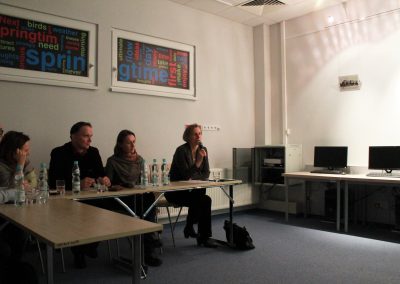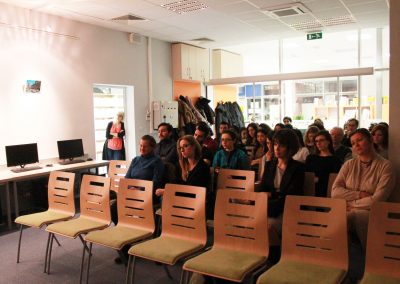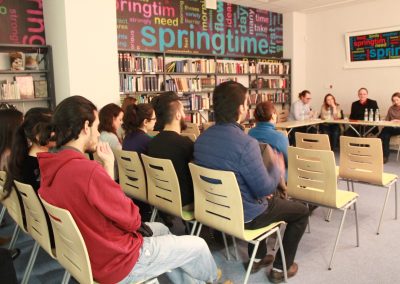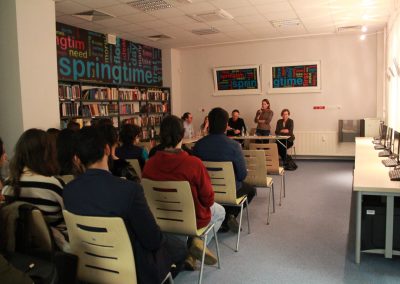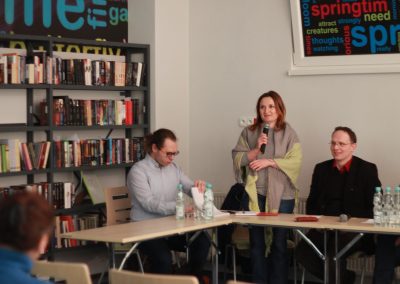On Wednesday we met in the Municipal Library Fil. 4 to participate in the debate entitled Gender ideology(ies): Man and woman – different by nature, inequal by society? We tried to find the answer to this question with our four guests: sociologists Borys Cymbrowski and Anna Czerner, philologist Katarzyna Molek-Kozakowska and biologist Elżbieta Pogoda.
We were aware that for most people the term gender is unfamiliar or even unfriendly, especially when someone is not a philologist or a social researcher, so we started with the basic questions: what gender is, how it exists in our respective fields of studies, and if there exists gender ideology. We can say that gender in general is about social consequences of being men, women or the others, because in the opinion of Elżbieta Pogoda even from a biological point of view there are more than only two sexes. And there is no evidence that one sex has an advantage over another.
In Polish media we encounter some false beliefs about the meaning of the word “gender”. But as Borys Cymbrowski mentioned it is a problem of confusion of nature with culture, because in the Polish language we have only one word (płeć) for gender and for sex. So some commentators confuse biological meaning with the cultural one. They accuse gender scholars of promoting a dangerous ideology which tries to convince people to choose their sex. As Anna Czerner said, the truth is that in the social sciences gender was a neutral category to analyse the relations between people in society, but unfortunately some institutions and politicians took one of the least popular topics in gender studies and used it as a basis to create and apply gender ideology as a political tool.
After that we focused mostly on language aspects within gender issues. Katarzyna Molek-Kozakowska indicated that for her it was easier to introduce herself in English than in Polish, because in Polish most names of academic professions have only a masculine gender, or even if it has a female gender, masculine forms sound more serious and more prestigious. But language is not a constant phenomenon – it is changing all the time. Twenty years ago we considered some female forms of words as strange, but today we take them for granted. We concluded that it is important to include more women-related forms to language, and it is one of the main catalysts of social changes in the public sphere.
We are really glad we could discuss it with you and with the citizens of Opole. We would like to thank you all for your presence and participation, and we hope to see you soon during another discussion. The aim of the whole debate was to clarify a little the problem of gender, but two hours is a short time when you are discussing such an important and complicated topic – so we treat this meeting only as a start. The debate is still open.
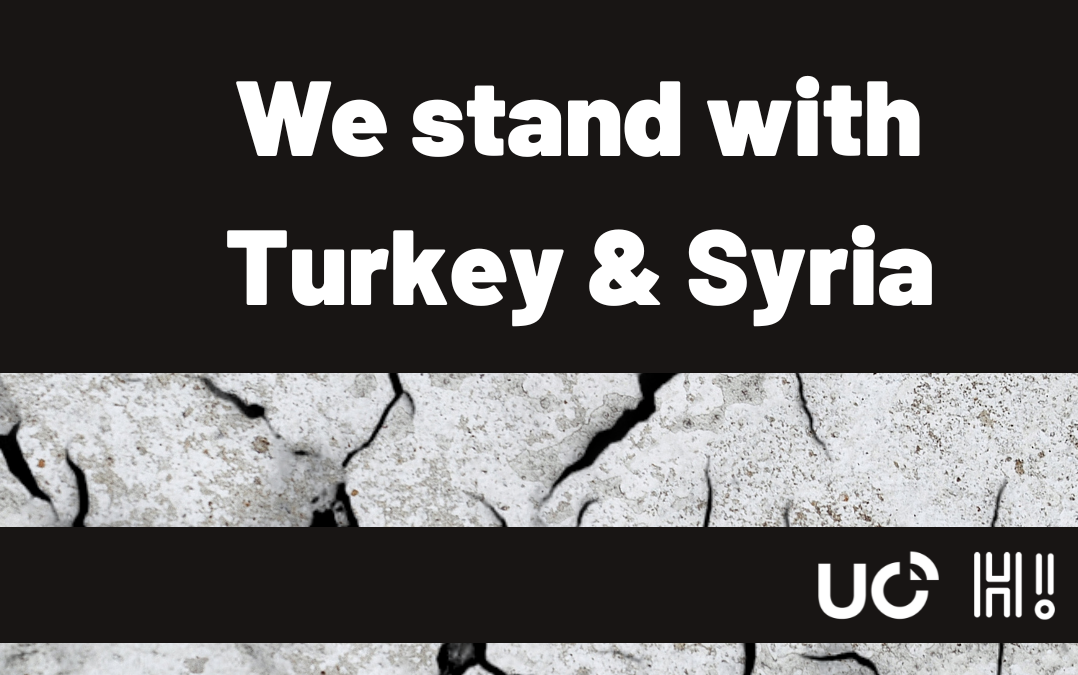
We stand with Turkey and Syria!
We stand in solidarity with the families of the earthquake victims in Turkey and Syria. We especially share the pain of our students whose loved ones suffered in the disaster. We would like to inform you that regular students can apply for financial aid (in Polish...
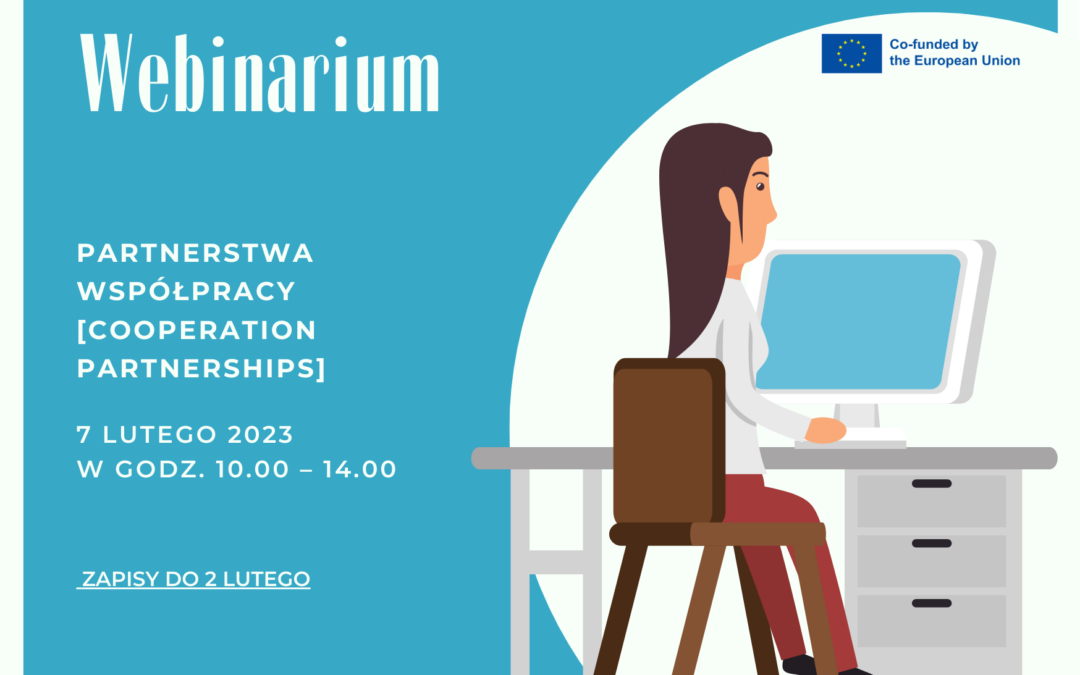
Webinarium – Partnerstwa współpracy (Cooperation Partnerships)
Szanowni Państwo, w imieniu Narodowej Agencji Programu Erasmus+ i Europejskiego Korpusu Solidarności serdecznie zapraszamy na webinarium poświęcone Partnerstwom współpracy (Cooperation Partnerships) dla szkolnictwa wyższego w ramach Programu Erasmus+, które odbędzie...

“Equality, diversity and acceptance” online workshops
Dear Students! We are happy to invite you to the "Equality, diversity and acceptance" online workshops. Date: Group 1 Group 2 20.01.2023 - 16.00-18.30 30.01.2023 - 16.00-18.30 Place: Microsoft Teams Platform Language: English The workshop will be conducted by...
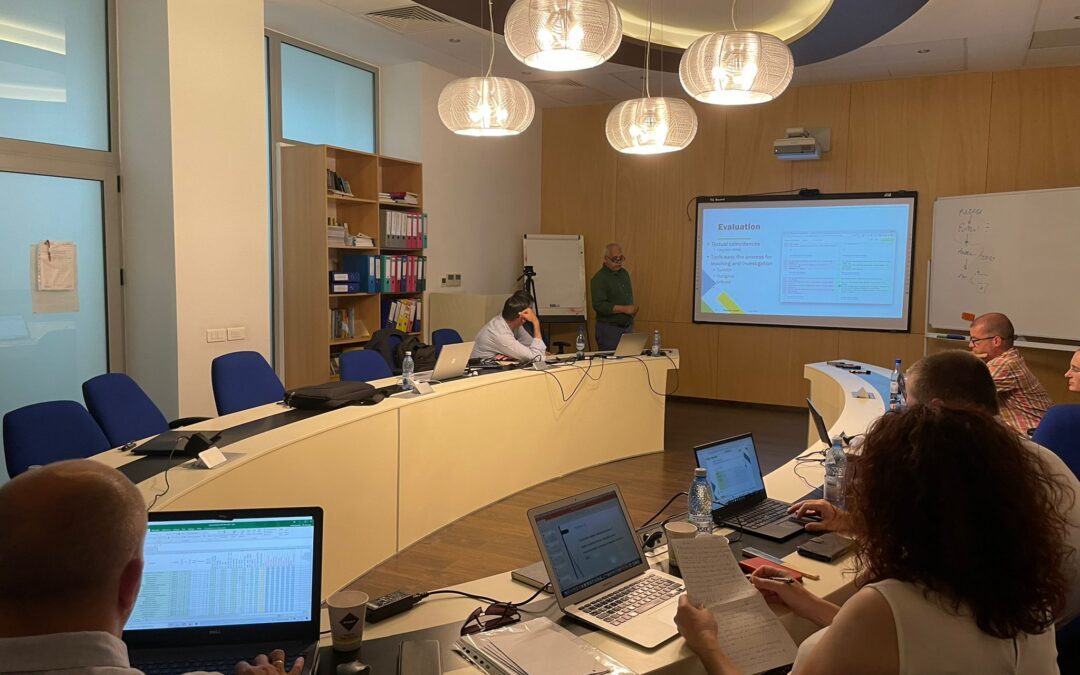
ReThink Finance: Second Transnational Project Meeting in Siena!
In May 2023 there is next Transnational Project Meeting (TPM) planned to be hosted by the University of Siena within ReThink Finance project led at the Faculty of Economics of the University of Opole! Partners from Sibiu, Siena, Gran Canaria, Brussels and Opole will...
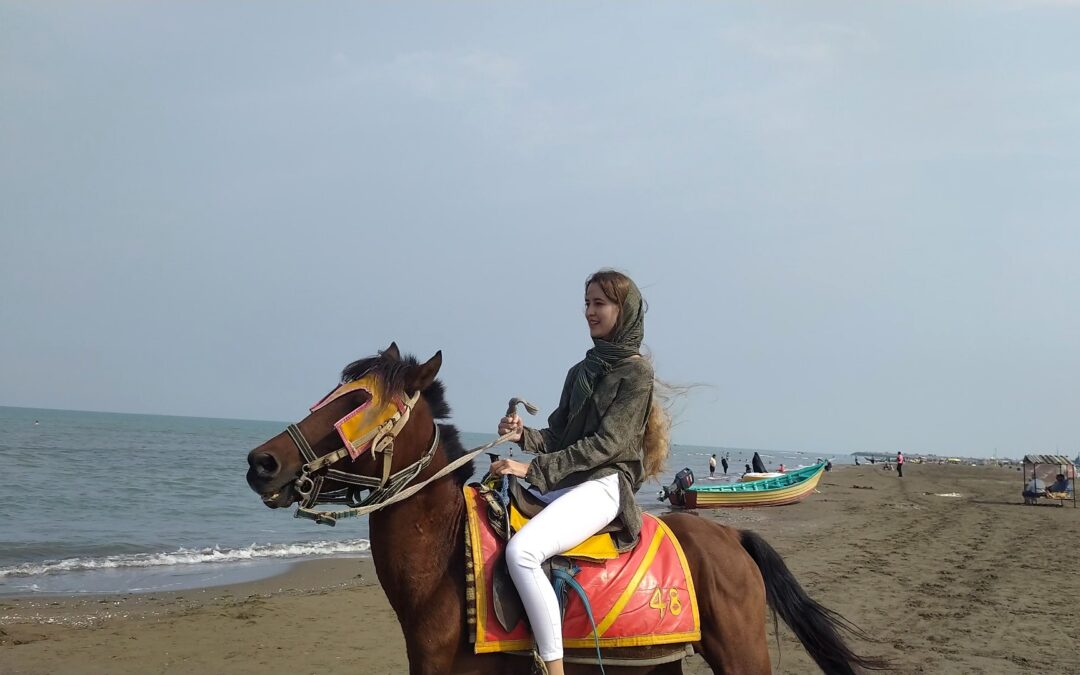
Daria in Iran
Recently, Daria from the University of Opole fulfilled her one-month internship at the University of Mazandaran in Iran - a country with a rich history that played a key role in saving Polish lives during World War II, when approximately 41,000 civilians,...
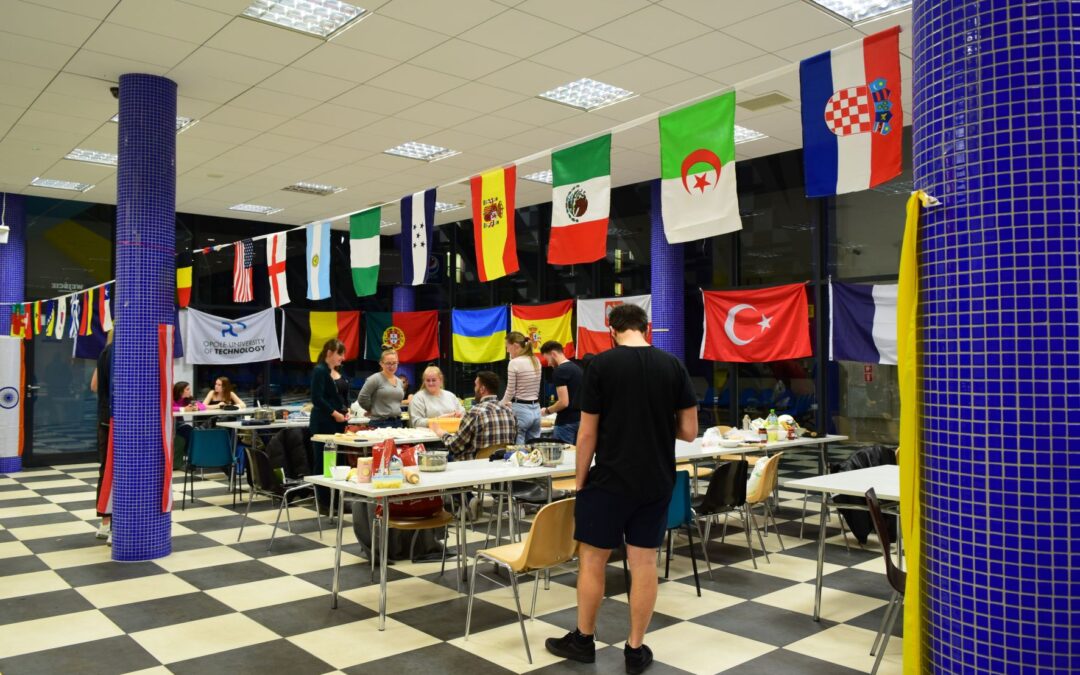
International Cooking Day
This year's edition, after a two-year break caused by the pandemic, was organized for the first time in cooperation with the Politechnika Opolska on Friday, the 25th of November. The event was pleasing both to the stomach, as well as the eye because of the variety of...
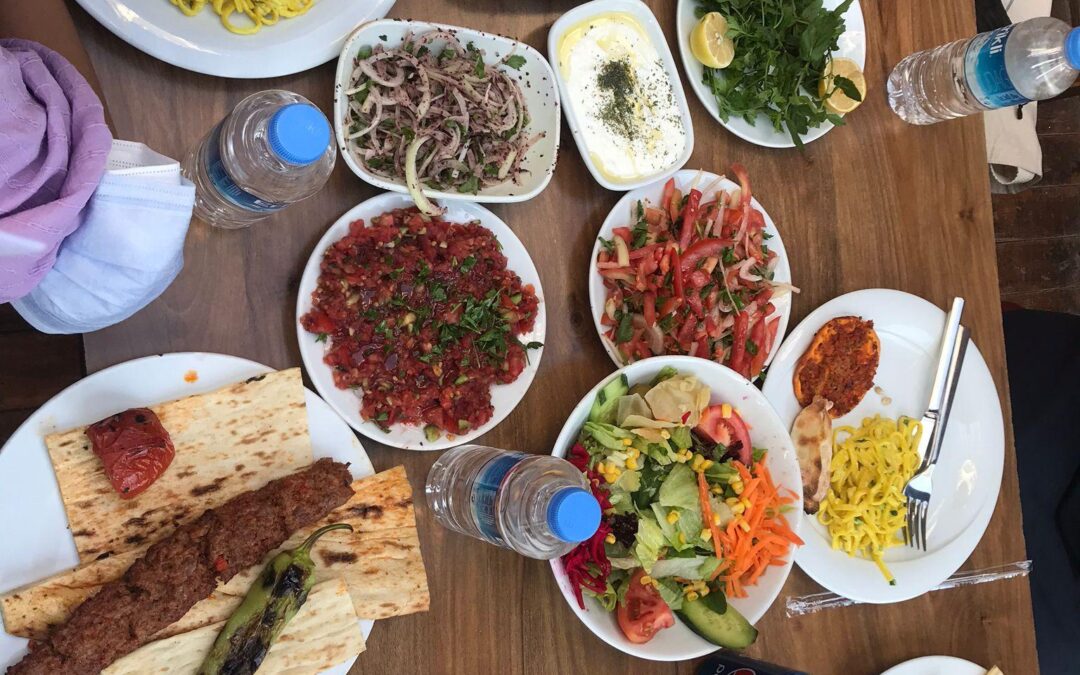
International Cooking Day is back
International Cooking Day is backATTENTION STUDENTS! After a two-year break, the most delicious event in the Opole University of Technology returns and it is organized with the cooperation of the University of Opole We invite you all to the INTERNATIONAL COOKING DAY...

New organization of classes during 2022/2023 academic year
Dear Students! Please be informed that according to the Regulation no. 90/2022 by the Rector of the University of Opole from 7 of November 2022, the new organization of classes has been implemented. Some classes will be in a stationary mode, whereas others in the...
Erasmus+ office closed: Oct 25, 10am-1pm
On October 25, 2022 between from 10am to 1pm Erasmus+ office will be closed due to the participation of the staff in a training. We apologise for the inconvenience. Erasmus+ TeamW dniu 25.10.2022r., od 10 do 13 Biuro Programu Erasmus+ będzie nieczynne z powodu udziału...
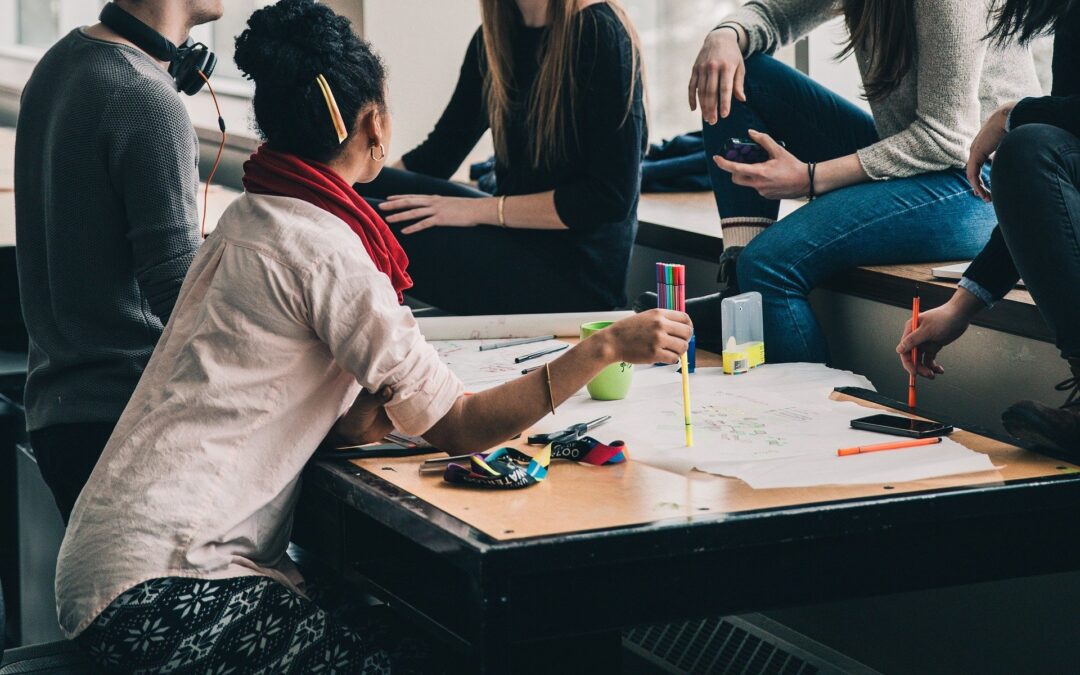
Summer school through the eyes of KA107 guests
On 18-22 July 2022 University of Opole hosted 11 professors from 6 partner universities within Erasmus+ Programme, KA107 staff mobilities activity. Our guests had an opportunity to take part in the summer school Symbolic Boundaries & Multidisciplinary...
